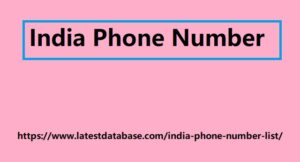|
|
Guided type Commercial: Purchasing type Transactional: transaction type By classifying search keywords into these four categories, you will be able to better understand what types of pages searchers are looking for. Informational: information gathering type When searching for this type of keyword, the searcher is looking for information about the subject or topic. This is the most common search intent in searches, and generally has a high search volume. This type of search is positioned at the top of the marketing funnel. This is the so-called "discovery" stage, and it is rare for a visitor to suddenly convert into a consumer. They will want a page with plenty of content that answers their questions in a concise and easy-to-understand manner. Search results should also reflect this trend. Navigational: guided This search is performed when a searcher has decided to visit the site of a specific company or brand, but needs guidance on how to get there.
Examples of specific keywords include specific brand names (external article: The importance of targeting branded searches ), product names, and service names. Search results should include the top page and dedicated pages for specific products and services. It may also include news articles about specific India Phone Number brands. Commercial: Purchasing type Commercials exist as a mix of informational and transactional. This type of search includes searches for purchasing purposes. Searchers are looking to buy something, but they also want information to help them make that decision. Therefore, pages that provide information or pages for specific products or services are displayed in search results. Transactional: transaction type Searches that are most relevant to purchasing. These searches often include words such as "price" and "sale.

" This type of search result is much more likely to show commercial pages (products, services, subscriptions, etc.). By classifying your target keywords into the four categories above, you can better understand the needs of searchers. It will also affect how pages are created and optimized. Optimizing for searcher intent: Does your page deserve to rank higher? Understand that there are different types of intent, then optimize for searcher intent. When we receive a list of target keywords from our clients, we ask them, "Does your page deserve to rank high in searches for these keywords?" Also, asking this question leads to another important question. What is the intent of users searching with these keywords? What does Google think the intent is? What types of search results are searchers looking for? Before optimizing for specific keywords or themes, you need to optimize for searcher intent. The first thing you should do before starting your research is to actually check the search results screen.
|
|